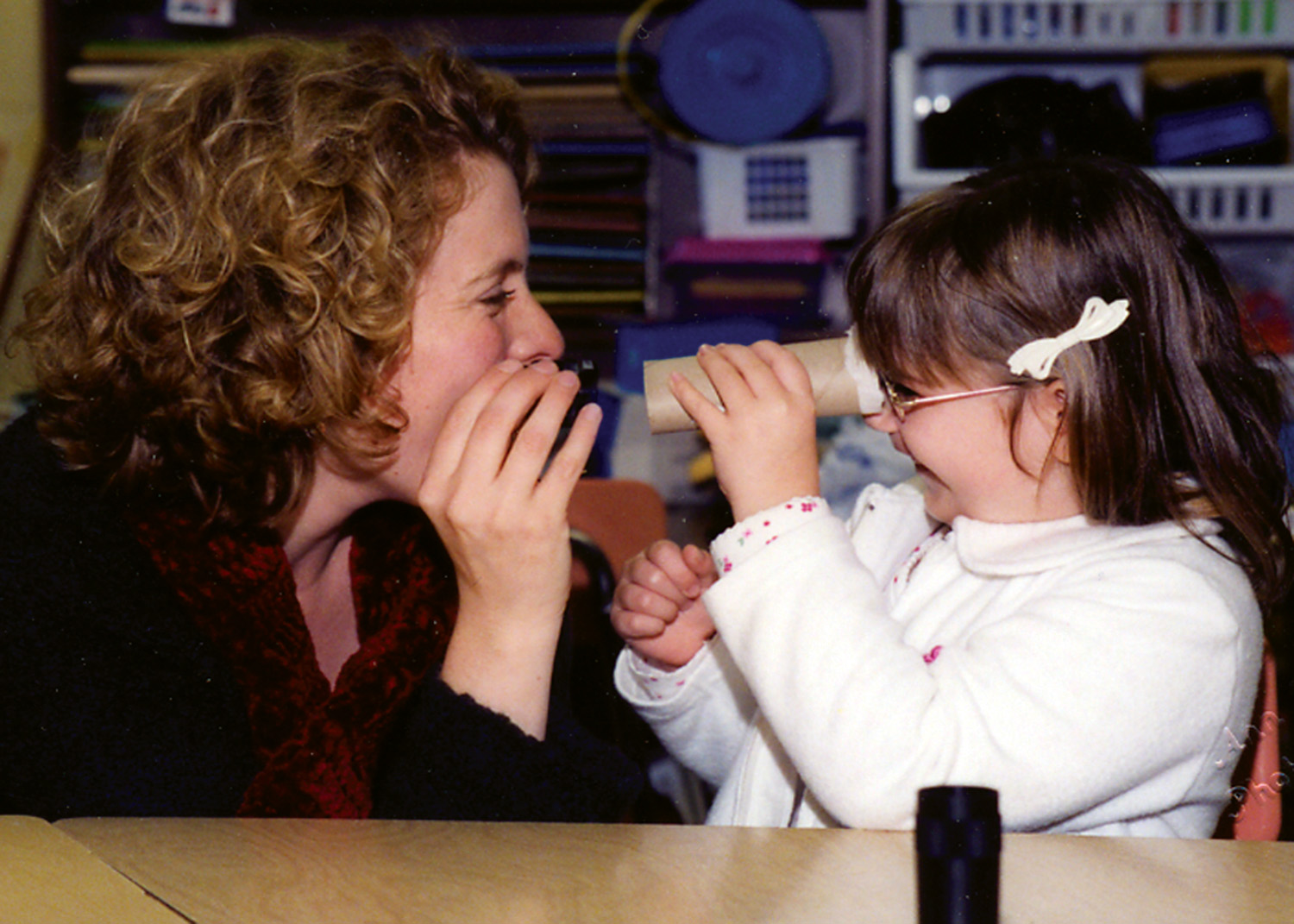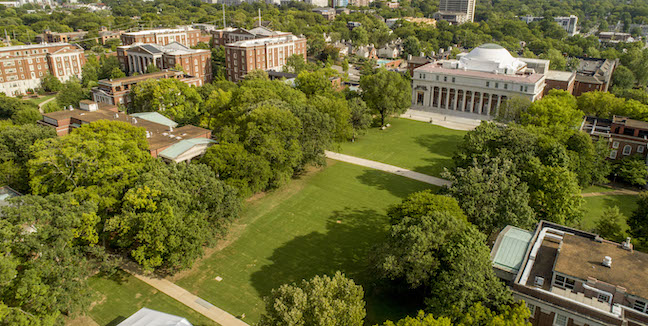
A rigorous research institution, a top-ranked education college, an innovative learning community—for all the phrases you could use to describe Peabody College, perhaps the one that encompasses all of them, that rings truest, is that Peabody is, and has always been, an essential home for human advancement. The programs we offer develop tomorrow’s educators, leaders, and scholars. Our research creates knowledge that helps answer the pressing questions of families, educators, doctors, and other professionals. Peabody has a long history of innovation, but the goal remains to improve humanity. Nothing is more essential.
That was the sentiment in 1921 when Peabody’s Visual Disabilities Program began with a summer program that included classes like History of Education for the Blind, and Kindergarten, Primary, Intermediate and High School Methods. At the time, the Peabody Reflector reported that it was “the first time that any institution in America has offered these special courses” and the first opportunity for teachers in schools for the blind “to take definite and systematic work in education, or methods courses.”
Fast forward to today. Teachers of students with visual impairments (TVIs) are in short supply. As one of fewer than 40 educational paths for training TVIs, Peabody’s program is essential. Last summer, we accepted our first cohort of teachers into our low-residency training program for TVIs. I encourage you to read more about this groundbreaking development and many others throughout the history of the Visual Disabilities Program.
Almost a century after Peabody created the Visual Disabilities Program, we designed a unique program to train 21st century leaders. The online doctorate of education in Leadership and Learning in Organizations integrates with the busy lives of adult learners from K-12 and higher education, non-profits, private industry, and the government to meet their needs for professional growth and the needs of their organizations. Students develop competencies in leadership and organizational development, data analytics, and learning and design. In capstone groups, they tackle a problem of practice with a partner organization to deliver immediate, real-world impact. Learn more about this inspiring leadership community!
As valuable as an immediate impact is, some of the work we do at Peabody—basic science research—answers questions over time, expanded on through decades of rigorous studies. In the Department of Psychology and Human Development, this work can lead to discoveries that allow doctors and teachers to answer parents’ questions about their child’s cognitive and emotional development or mental health. That is why federal investment in our research is essential. The federally funded studies featured in this review offer a glimpse into the future of how we might support foundational academic skills, early scientific literacy, and the mental and emotional health of children and families.
Even now, we put the lessons of our research into practice. The Susan Gray School opened a preschool STEM lab this year for children ages one to five to explore a range of scientific fields, from physics to structural engineering and even coding! As discussed in the research review, fostering children’s early scientific literacy inspires their interest and success in science and math fields later in life.
Now, more than ever, it is essential that we at Peabody tell our story. With this issue of the Peabody Reflector, we celebrate Peabody’s legacy of relevant and rigorous research, transformative education, and real-world impact, which remain central to our mission and to the stories we will tell 100 years from now.
Patricia and Rodes Hart Dean of Education and Human Development


